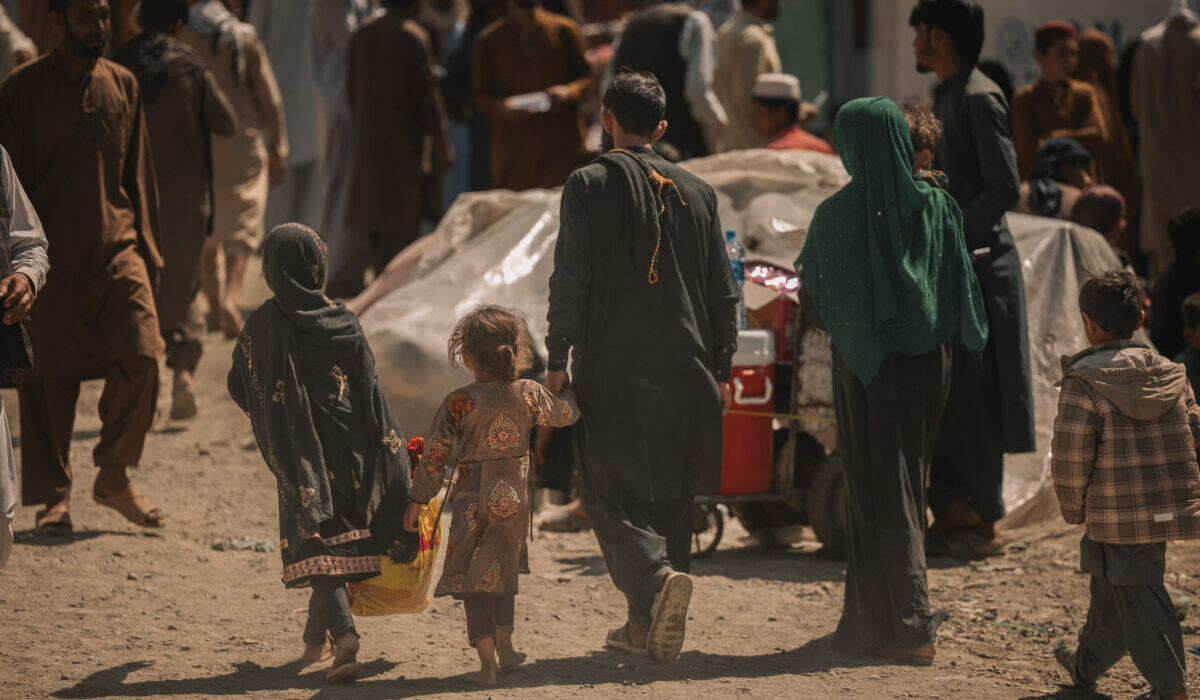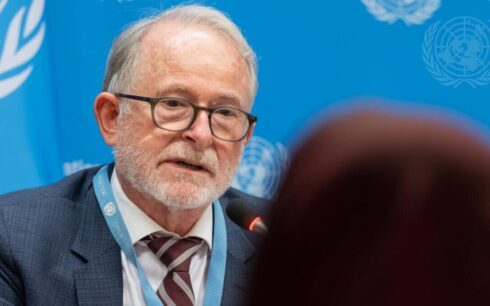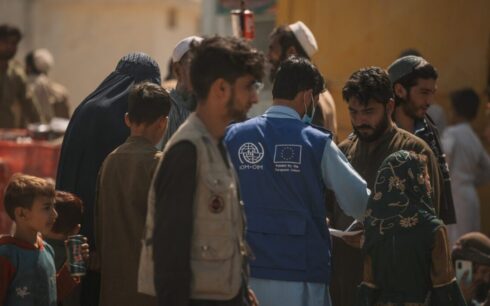As the deportation and repatriation of immigrants from Pakistan and Iran continue, data collected by Amu from Taliban statements show that at least 4,700 families returned home over the past week.
The data shows that 3,130 families returned from Iran from May 15 to May 23, and 1,560 families returned from Pakistan during this period, either forcibly or through so-called voluntary returns.
The migrants re-entered the country through a number of key border crossings. Pakistan repatriated 789 families via the Torkham crossing, 768 through Spin Boldak, and 40 through the Angoor Ada crossing in Paktia province. Iran, meanwhile, sent back 952 families through the Pul-e-Abrisham border in Nimroz, 2,111 via Islam Qala in Herat, and 67 through Bahramcha in Helmand province.
The latest figures add to what humanitarian agencies describe as one of the fastest population movements Afghanistan has seen in recent years — and one of the most challenging.
In a recent report, the Norwegian Refugee Council said that since Pakistan began its deportation campaign in September 2023, more than one million Afghans have been expelled, with another 600,000 expected to be forced out in 2025. Iran, the group added, has already returned over one million Afghans in 2024 alone.
The Council warned that Afghanistan — already grappling with widespread poverty, economic collapse, and protection risks — is ill-equipped to absorb returnees. Two-thirds of the population are in need of humanitarian assistance, and job opportunities remain scarce, especially for women heading households.
“Afghanistan under Taliban rule has little to offer those coming back,” the report stated, noting that many returnees face dire prospects for reintegration. Women in particular face “unique challenges,” including mobility restrictions, security threats, and limited access to livelihoods in a society where they are expected to resettle and rebuild their lives.
Afghanistan remains one of the largest sources of displaced populations in Asia. With pressure mounting at its borders and little international aid reaching returnees, humanitarian agencies continue to warn of an unfolding crisis.





